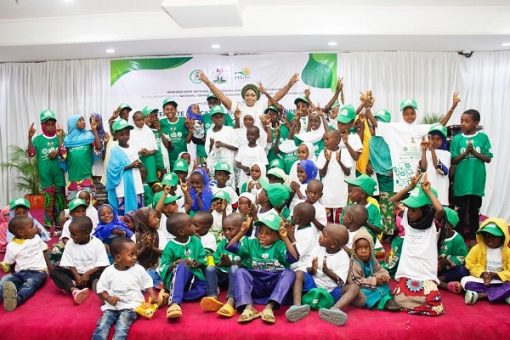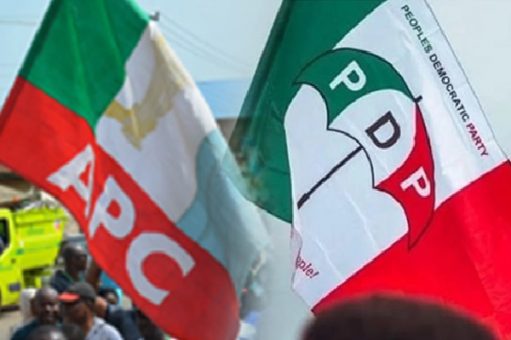In a bold move to tackle the country’s out-of-school children crisis, the Federal Government has inaugurated the Alternate Education and Renewed Hope National Home-Grown School Feeding Project, with the goal of reaching 20 million informal and out-of-school children by 2026.
The initiative, launched on Tuesday in Abuja, is a major expansion of the Renewed Hope National Home-Grown School Feeding Programme (RH-NHGSFP) and was unveiled by the Minister of Humanitarian Affairs and Poverty Reduction, Prof. Nentawe Yilwatda.
The project is being executed in collaboration with the National Commission for Almajiri and Out-of-School Children Education and the National Identity Management Commission (NIMC).
Yilwatda described the feeding initiative as one of the flagship programmes under the National Social Investment Programme Agency (NSIPA) and a key part of President Bola Tinubu’s Renewed Hope Agenda, which prioritizes social protection, education, and poverty reduction.
“This programme aims to reintegrate out-of-school children into structured, safe, and nourishing learning environments, while promoting national identity registration and community-driven education,” Yilwatda said.
Speaking at the event, Princess (Dr) Aderemi Adebowale, National Programme Manager of RH-NHGSFP, said the project targets vulnerable children in border communities, nomadic populations, informal settlements, and IDP camps.
“We currently provide daily nutritious meals to over 10.2 million pupils in Primary 1–3 across the country. With this renewed strategy, we aim to double that figure and reach 20 million children by 2026,” Adebowale stated.
She also noted that the feeding programme will be managed through a community-led model that integrates identity management, foundational education, and structured nutrition.
Dr Badamasi Lawal, CEO of NSIPA, explained that what began as a basic school-nutrition initiative has now evolved into a national instrument for inclusion, human capital development, and socio-economic resilience.
“We’re not just feeding children; we are building bridges to education, economic empowerment, and long-term national development,” Lawal said.
Dr Nurudeen Zauro, Technical Advisor to the President on Economic and Financial Inclusion, echoed the sentiment, emphasizing that the project directly supports Tinubu’s vision for inclusive governance and social safety nets.
“The Renewed Hope agenda is about ensuring no Nigerian child is left behind, and this school feeding project is a key tool in achieving that vision,” he said.
The project is seen as a cornerstone of President Tinubu’s second-year reform drive and reflects his administration’s continued push toward inclusive education, national identity integration, and sustainable development.




